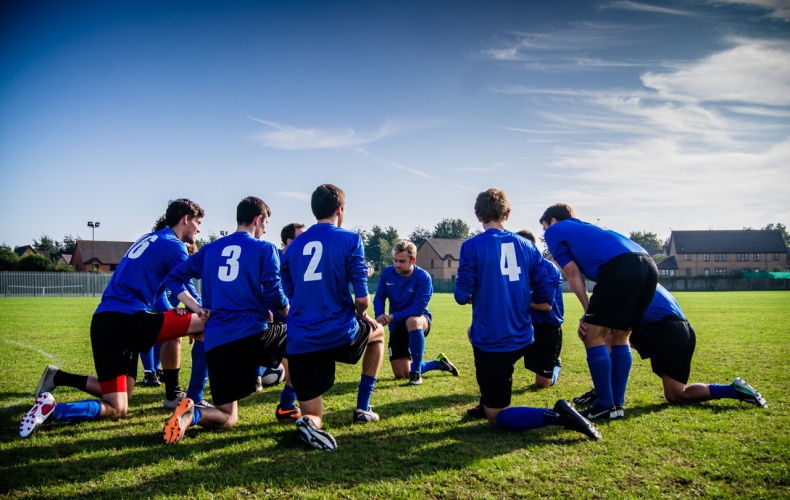

Sports waiver forms are an extremely important part of any sports-oriented business. Whether you offer private coaching or run a larger sports club, waivers are essential to ensure that you’re protecting yourself and your business against negligence claims.
Essentially, the person who signs the waiver agrees to give up their right to pursue a legal case against the contracting party in the event that they are injured by participating in the activity.
Unfortunately, accidents in sports happen all the time. Even the most routine exercise or activity can cause injuries, which is why it’s important to ensure you are fully protected.
If you don’t use a waiver, clients and participants would be well within their rights to sue you should any unfortunate incidents occur.
Coach John Suk was subject to a 7-year long court proceeding after being sued for an injury suffered by a Junior Varsity baseball player. All he did was tell the player to slide into third.
Just last year, a cheerleader from UC Berkeley sued the school and former coaches for endangering her health due to their lax concussion protocols.
Those examples of sports lawsuits are not uncommon, and only a waiver can protect your business from liability.
A waiver is only enforceable if the language is clear, direct, and simple enough that any participant in your programs can understand. Sports liability waivers that are filled with dense legalese, or are too broad in scope are likely going to be found to be unenforceable.
When writing a sports waiver form, it’s important to ensure that all legally mandated clauses are present. This includes making sure that your sports liability waiver is clearly marked with a title like “release of liability” or “waiver of liability”.
The text of the waiver must be simple and easy to read. There should be a clear description of the activity, as well as the assumed risks that the signee is undertaking. By signing the waiver, the signee acknowledges that they are aware of the risks, and agree not to hold the institution liable for the consequences that may occur if they participate in the activity.
There’s a lot of debate concerning sports liability waivers as they apply to children.
Currently, the general agreement is that waivers signed by parents on behalf of children are not legally enforceable. This is because, typically, courts refuse to enforce waivers against children.
Parents who become injured themselves while participating or observing the same activity may find that the court upholds the terms of the waiver. But generally, courts agree that parents cannot waive their child’s right to sue.
When your sporting or recreational business involves working with minors, you’ll need to take even more care with your sports liability waiver.
When writing a sports waiver, it’s important to include all the key clauses, which include:
If you have a sports business, the last thing you want to be doing before a session with a client, an important game, or sporting activity is worrying about getting waivers signed.
Instead, sign up for WaiverForever, and let us take care of this for you! Instead of dealing with reams of paperwork, you can easily email waivers to clients in advance, or allow them to sign in-app once they arrive in person.
We have tons of clients working in the sports and fitness field already, and they love WaiverForever because it lets them streamline their waiver process. This frees them so they can focus on their work. Sign up today for a 30-day risk-free trial.